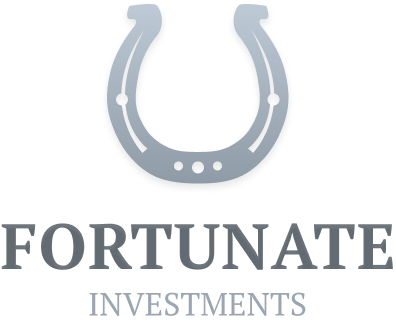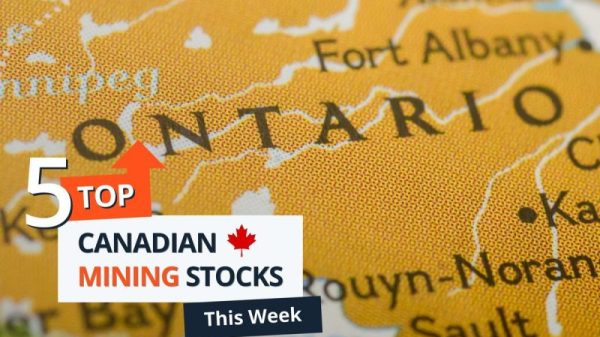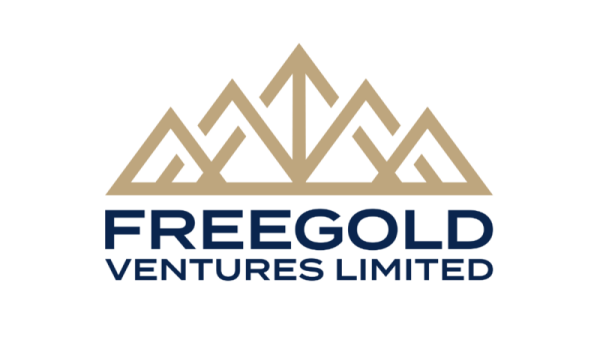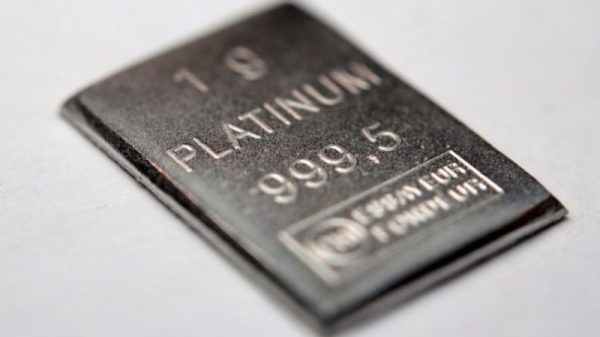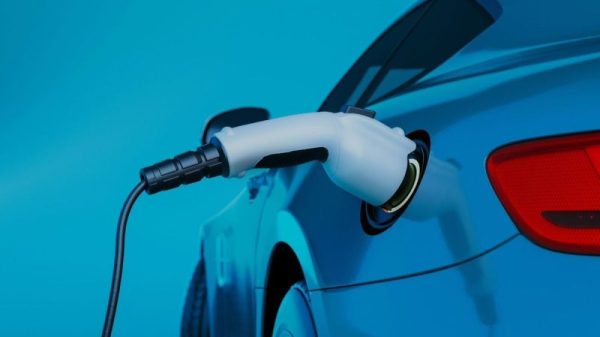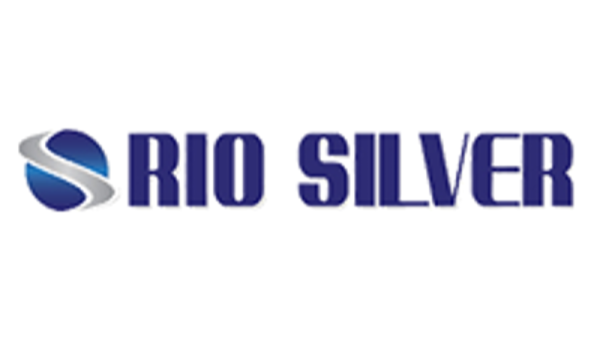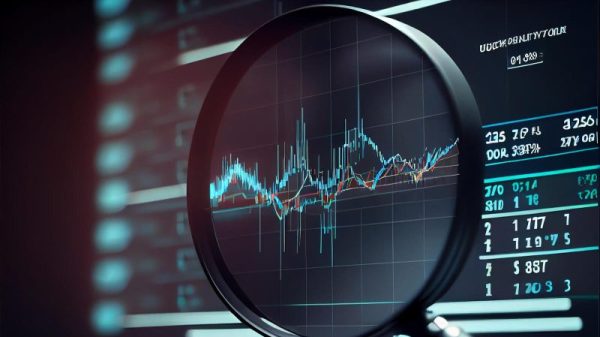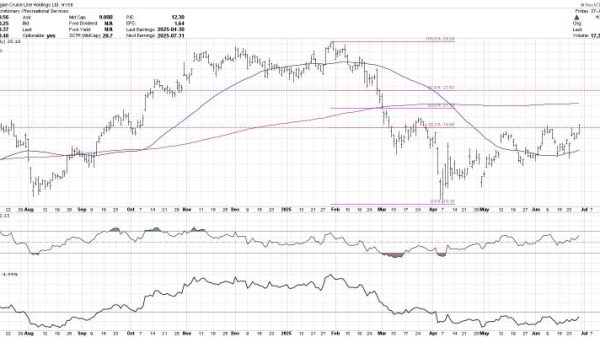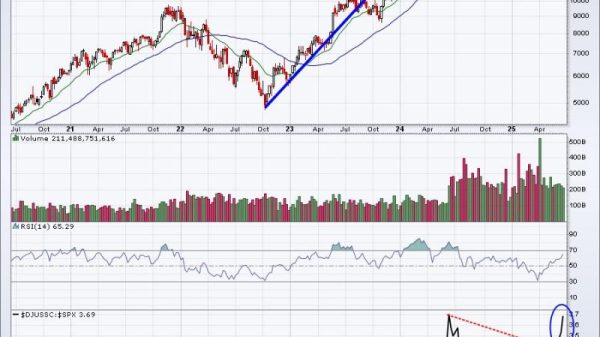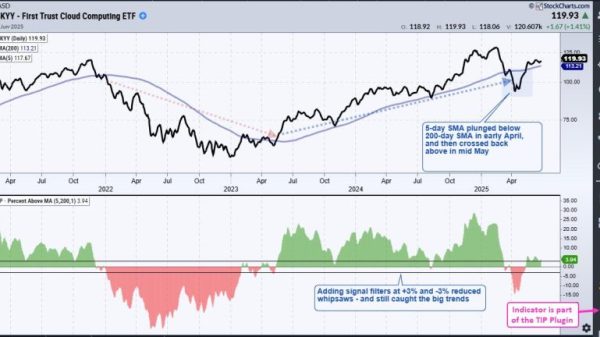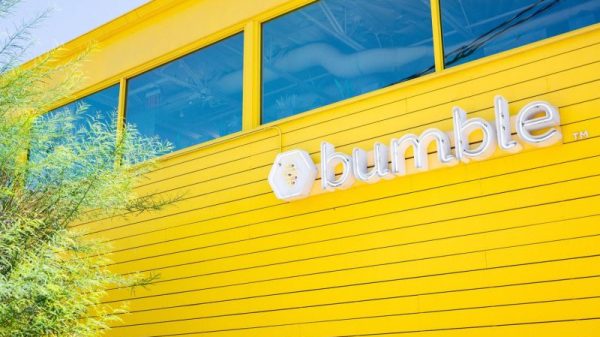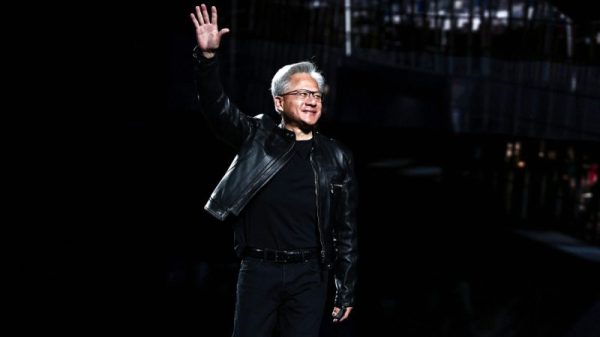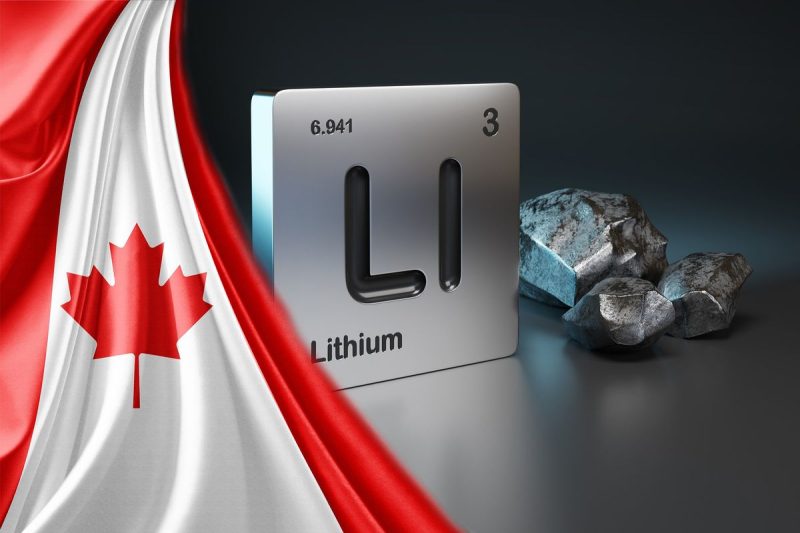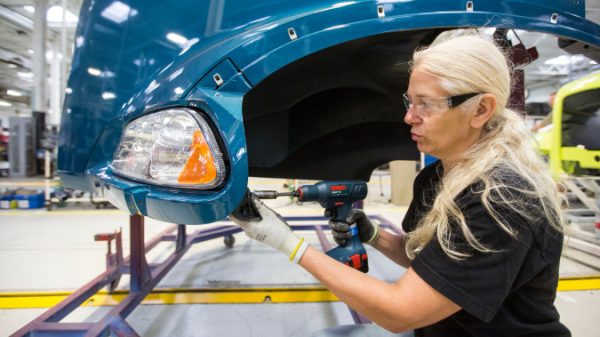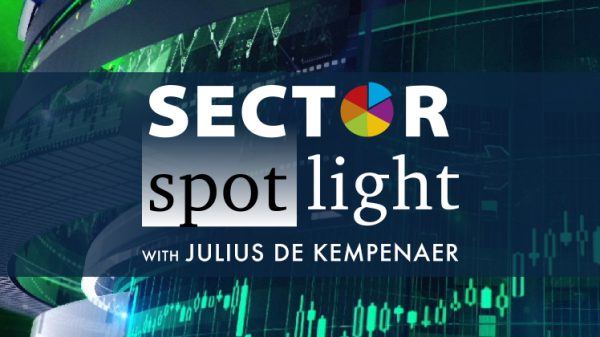Continued surpluses in the lithium market have weighed down prices and impeded the sector’s growth during the second quarter of 2024. The excess has been attributed to heightened production in 2021 and 2022 amid higher lithium prices.
According to a July Fastmarkets report, increased lithium demand is fully priced into the market. China’s lithium carbonate equivalent production from lepidolite rose by 126 percent year-over-year in April, while spodumene production increased by 109 percent. The accumulation of inventory suggests that there is no immediate supply shortage, but time is needed for demand to absorb the surplus.
With so much excess in the market, many lithium producers and explorers have struggled to see positive share price activity. However, several Canadian-listed lithium companies were able to see some growth during the first half of the year.
1. Volt Lithium (TSXV:VLT)
Year-to-date gains: 36.96 percent; market cap: C$31.41 million; share price: C$0.315
Volt Lithium is a lithium development and technology company aiming to become a premier North American lithium producer utilizing its unique technology to extract lithium from oilfield brine.
Shares of Volt Lithium reached an H1 high of C$0.36 on April 25, 2024.
On April 29, Volt announced a strategic investment of US$1.5 million by an unnamed company operating in the Delaware Basin in West Texas. This investment is earmarked for the deployment of a field unit to produce lithium hydroxide monohydrate using Volt’s proprietary direct lithium extraction technology.
The company’s share price retreated in the second half of Q2, but July 17 news that Volt increased its processing capacity at its operations in Alberta, Canada, by 100 fold to 96,000 liters per day caused its price to shoot up more than C$0.08 during trading that day.
Volt stated in the press release that it is on track to deploy its first field unit at its Canadian operations in Q3.
2. Lithium Chile (TSXV:LITH)
Year-to-date gains: 32.08 percent; market cap: C$144.43 million; share price: C$0.70
South America-focused Lithium Chile owns several lithium land packages in Chile and Argentina. Presently, the explorer is working to delineate the deposit at its Salar de Arizaro property in Argentina.
In early April, Lithium Chile announced a 24 percent increase in the resource estimate for its Salar de Arizaro project in Argentina, according to an updated NI 43-101 compliant resource report. The new total for the project is 4.12 million metric tons (MT) of lithium carbonate equivalent (LCE), categorized as follows: 261,000 MT in the measured category, 2.24 million MT in the indicated category and 1.62 million MT in the inferred category.
On April 18, the company reported the creation of two wholly owned Canadian subsidiaries, Lithium Chile 2.0 and Kairos Gold, as part of a spinout to separate its Chilean and Argentinian assets. Lithium Chile will retain its Argentinian lithium projects, and transfer its 111,978 hectares of Chilean lithium properties to Lithium Chile 2.0 and its portfolio of gold assets in Chile to Kairos Gold.
After trending upwards through Q1, shares of Lithium Chile reached a year-to-date high of C$0.88 on March 21.
3. Foremost Lithium (CSE:FAT)
Year-to-date gains: 18.99 percent; market cap: C$22.49 million; share price: C$4.01
Foremost Lithium is an exploration company with several hard rock lithium properties, which it calls the Lithium Lane projects, in the Snow Lake district of Manitoba, Canada, as well as the Lac Simard South project in Québec, Canada.
In January, Foremost received its third C$300,000 grant from the Manitoba Mineral Development Fund. The funds have been earmarked for continued exploration and drilling at the Snow Lake property.
Shares of the company hit a year-to-date high of C$4.51 in late February, when Foremost released promising intercepts from its winter drill program at its Zoro lithium project in Manitoba.
In May, the company completed the winter drill program at the Zoro project, which encompassed 21 diamond drill holes. According to the statement, the preliminary results “demonstrated the continuity of lithium mineralization along Dyke 1.”
In early June, Foremost announced plans to spin out its Winston gold-silver project in New Mexico, US, into a new wholly-owned subsidiary, Rio Grande Resources. Winston includes three historic mine sites.
4. Q2 Metals (TSXV:QTWO)
Year-to-date gain: 18 percent; market cap: C$36.12 million; share price: C$0.295
Exploration firm Q2 Metals is exploring its flagship Mia lithium property in the Eeyou Istchee James Bay region of Québec, Canada. The property contains the Mia trend, which spans over 10 kilometers. Also included in Q2’s portfolio is the Stellar lithium property, comprising 77 claims and located 6 kilometers north of the Mia property.
This year, Q2 has also focused on exploring the Cisco lithium property, located in the same region, after entering into an option agreement on February 29. The news caused Q2’s share price to skyrocket, and it reached a year-to-date high of C$0.54 on March 4.
In mid-May, Q2 released re-assayed results from 2023 drilling conducted at Cisco by the property’s vendors using the analytical method Q2 applies to its Mia drill cores.
“We are pleased with the positive outcome of the re-analysis of the Cisco drill results,” said Q2 Metals VP of Exploration Neil McCallum. “A thorough review of the quality control measures has solidified that the new results are more accurate than the original results previously announced. It’s not an unexpected change as the analytical methods now used are more accurate at higher grades above roughly 1.5 percent Li2O and we have several samples above that range.”
Later that month the company announced the start of its summer drill program at the Cisco property, and has since released multiple significant updates, including the confirmation of eight new mineralized zones on July 8.
Q2 closed the acquisition in June and now owns a 100 percent interest in Cisco.
5. Rock Tech Lithium (TSXV:RCK)
Year-to-date gain: 8.89 percent; market cap: C$156.98 million; share price: C$1.47
Rock Tech Lithium is developing upstream and downstream lithium capabilities. The company’s approach includes the production of sustainably sourced spodumene feedstock from its Ontario-based Georgia Lake project, as well as the construction of lithium hydroxide converters in Europe.
In the years to come, the company expects to source raw material from recycling discarded batteries, pledging to have 50 percent of its feedstock at its German converters come from recycled lithium by 2030.
On June 24, Rock Tech received a binding letter of intent from Brandenburg’s Minister for Economic Affairs, Joerg Steinbach, for up to 90 million Euros in subsidies for the Guben project located in Germany.
Additionally, the company’s application for federal funding from the German Railway Authority is progressing well, potentially securing another 10 million Euros in grants. This funding, expected under the ‘Anschlussbahnförderung,’ will aid in shifting transport from road to rail, a key element of the project’s logistics strategy.
Shares of Rock Tech reached a H1 high of C$2.01 on June 5, 2024.
Securities Disclosure: I, Georgia Williams, hold no direct investment interest in any company mentioned in this article.
